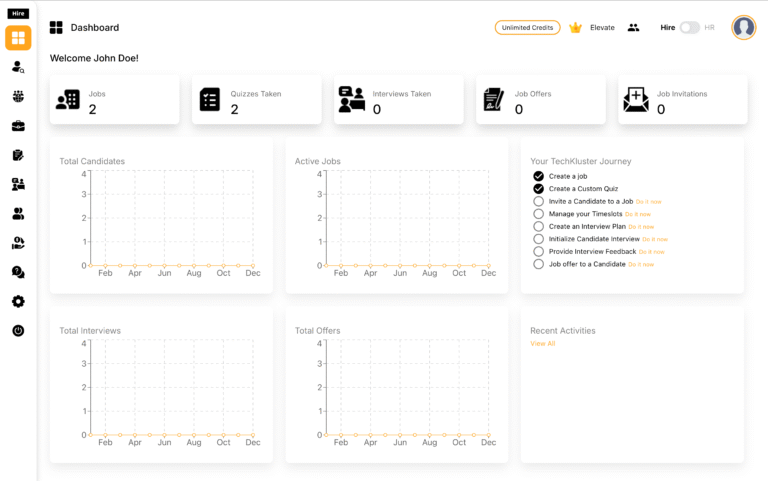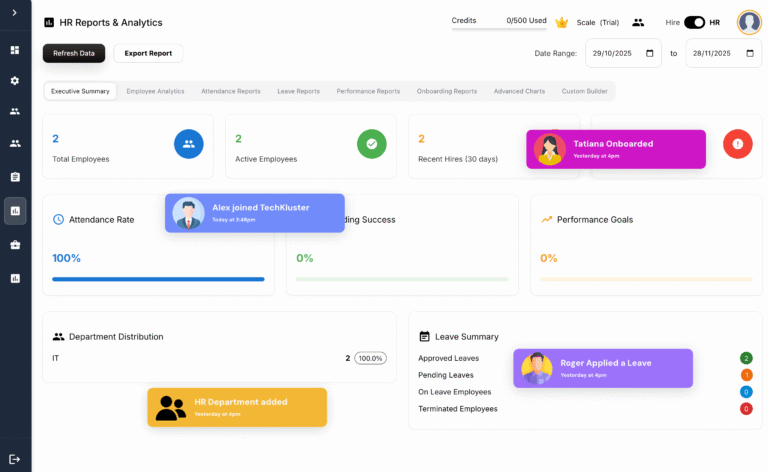Running Bash scripts is a common task in the world of command-line utilities and automation. Traditionally, you might create and execute these scripts locally on your machine. However, there's an interesting and convenient way to execute Bash scripts directly from a URL. In this article, we'll explore how to achieve this using various methods, discussing …
Running Bash scripts is a common task in the world of command-line utilities and automation. Traditionally, you might create and execute these scripts locally on your machine. However, there’s an interesting and convenient way to execute Bash scripts directly from a URL. In this article, we’ll explore how to achieve this using various methods, discussing the benefits, security considerations, and providing practical examples.
1. Introduction
Executing Bash scripts directly from a URL allows you to instantly run scripts without downloading and saving them locally. This approach is particularly useful for quick one-liners or when you want to share a script’s functionality without requiring users to download or inspect the code manually.
2. Using curl and Piping to bash
The most common method to execute a Bash script from a URL involves using the curl command in combination with piping the output to the bash interpreter. Here’s how it works:
curl -sSL <URL> | bash- The
-sSLflags incurlsuppress progress bars and enable following redirects. - The output of
curl(the script content) is piped to thebashinterpreter for execution.
For example, let’s say you have a Bash script hosted at https://example.com/myscript.sh. You can execute it directly with:
curl -sSL https://example.com/myscript.sh | bash3. wget and Running Scripts
An alternative to using curl is utilizing the wget command to fetch the script content and then executing it with bash. Here’s the equivalent approach using wget:
wget -qO- <URL> | bash- The
-qO-flags inwgetsuppress output and write the fetched content to the standard output. - The fetched content is then piped to the
bashinterpreter.
4. Security Implications
While executing Bash scripts from URLs provides convenience, it also poses security risks. You’re effectively trusting the content of the script you’re executing, which could potentially be malicious. Here are some considerations:
- Source Authenticity: Ensure you trust the source of the script. Fetching scripts from untrusted or unknown sources can lead to security vulnerabilities.
- Code Inspection: Always inspect the script’s content before executing. Reviewing the code helps mitigate potential risks.
- Minimal Privileges: Run such commands with the least privilege required. Avoid executing scripts as superuser unless absolutely necessary.
5. Benefits and Use Cases
Quick Command Execution:
You can use this method for quickly running commands without saving them as separate scripts.
curl -sSL https://example.com/one-liner.sh | bashScript Sharing:
Share scripts without requiring users to download and save them locally.
curl -sSL https://example.com/script-to-share.sh | bashRemote Configuration:
Execute scripts for remote server setup or configuration.
curl -sSL https://example.com/configure-server.sh | bash6. Alternatives and External Resources
While executing Bash scripts directly from URLs is convenient, it’s important to consider alternatives and best practices for security:
- Using GitHub Gists: Host and share scripts using GitHub Gists.
- ShellCheck: Analyze scripts for potential issues before executing them.
- Bash Best Practices: Learn about Bash scripting best practices.
7. Passing Arguments to Remote Scripts
You can also pass arguments to remote scripts when executing them directly from a URL. This allows you to customize the behavior of the script without needing to download and modify it locally. Here’s how you can achieve this:
curl -sSL https://example.com/script.sh | bash -s arg1 arg2In this example, the -s flag tells bash to read from standard input, and arg1 and arg2 are the arguments you want to pass to the script.
8. Script Execution with Parameters
Let’s consider a practical example where you have a Bash script that takes parameters. Suppose the script is hosted at https://example.com/sum.sh and calculates the sum of two numbers. You can pass the numbers as arguments directly from the URL:
curl -sSL https://example.com/sum.sh | bash -s 10 20This would execute the script and output the sum of 10 and 20.
9. Conditional Execution
You can also use this method for conditional execution based on specific criteria. For instance, let’s say you have a script that sets up development tools on a machine. You might want to run the setup script only on a specific operating system:
# Execute the setup script only on Ubuntu
[[ "$(lsb_release -si)" == "Ubuntu" ]] && curl -sSL https://example.com/setup-dev.sh | bashIn this example, the command checks if the system is Ubuntu using the lsb_release command. If the condition is true, the setup script is executed.
10. Ensuring Safety and Code Review
While executing Bash scripts directly from URLs can be convenient, remember to prioritize security. Consider the following practices:
- Trustworthy Sources: Use scripts from reputable sources you trust.
- Code Review: Inspect the script’s content before executing to ensure it aligns with your expectations.
- Limited Privileges: Run with the least necessary privileges and avoid executing as a superuser.
11. Conclusion
Executing Bash scripts directly from URLs offers a flexible and convenient way to run scripts without local storage. By leveraging this method, you can quickly execute commands, share scripts, and perform remote configurations. However, always exercise caution and prioritize security by reviewing scripts and trusting reputable sources.
12. External Resources
For further exploration of Bash scripting and security considerations, consider these external resources:
By delving into these resources, you can enhance your understanding of Bash scripting and ensure safe and effective script execution directly from URLs.





